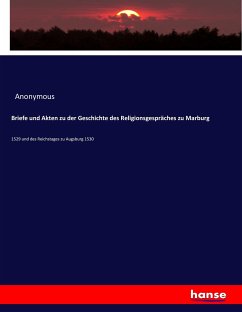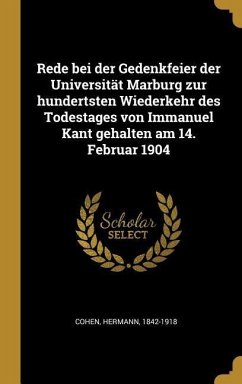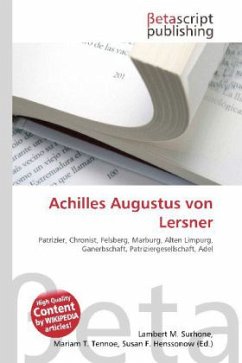The Marburg speech was an address given by German vice chancellor Franz von Papen at the University of Marburg on June 17, 1934. It is said to be the last speech made publicly, and on a high level, in Germany against Nazism. Papen, encouraged by President Paul von Hindenburg, spoke out publicly about the excesses of the Nazi regime, whose ascent to power, 17 months earlier when Adolf Hitler became chancellor of Germany, had been assisted measurably by Papen. In his speech von Papen called for an end of the Nazi terror and the clamoring for a "second revolution" by the Sturmabteilung and a return to dignity and freedom. He also stated: "The government must be mindful of the old maxim 'only weaklings suffer no criticism'". The speech was drafted by one of Papen's close advisors, Edgar Julius Jung, with additional assistance by Papen's secretary Herbert von Bose and by Erich Klausener. It was delivered in the Landgrafenhaus, the 1920s neo-rococo classroom building of the university,in the main lecture hall. The hall is still there today, including the original furniture but there is no plaque or any other form of commemoration of the Papen speech
Bitte wählen Sie Ihr Anliegen aus.
Rechnungen
Retourenschein anfordern
Bestellstatus
Storno








